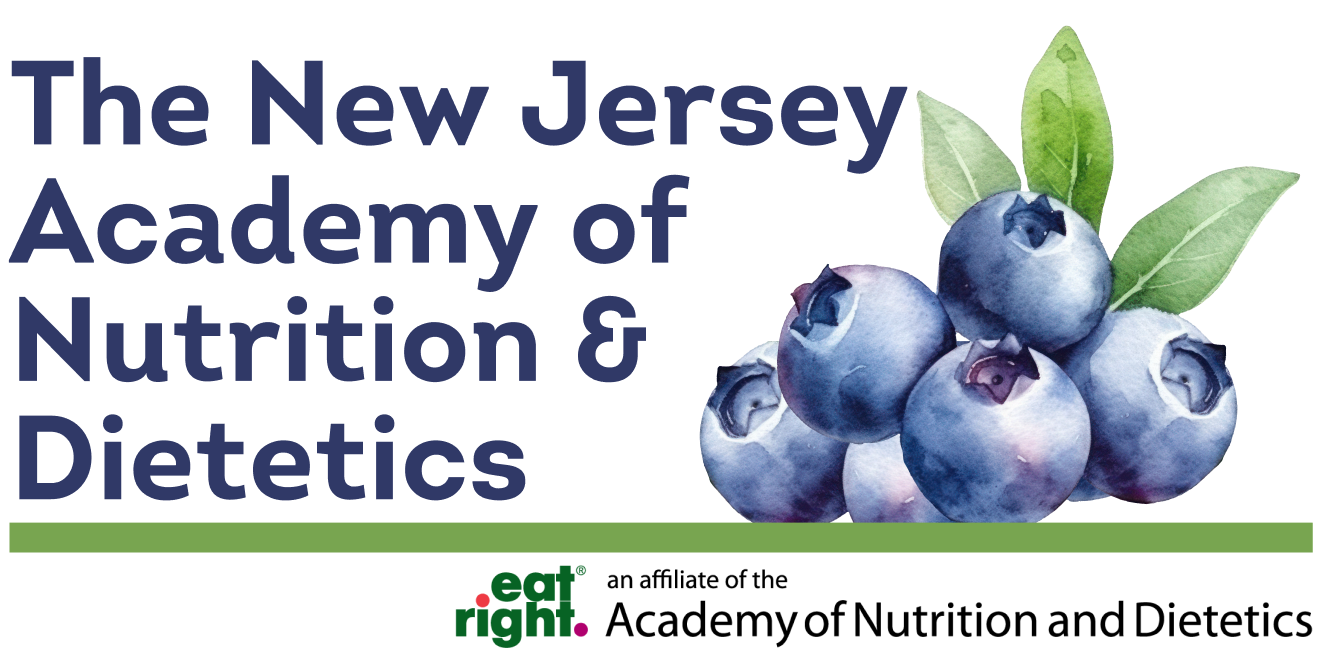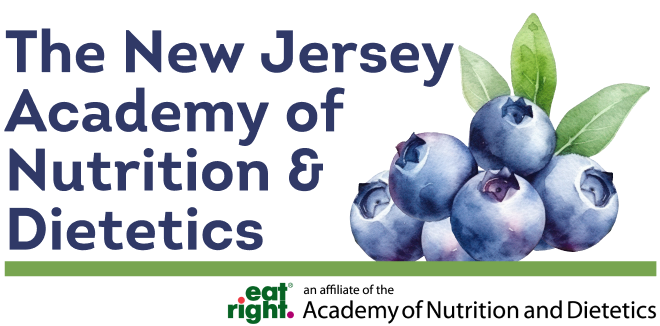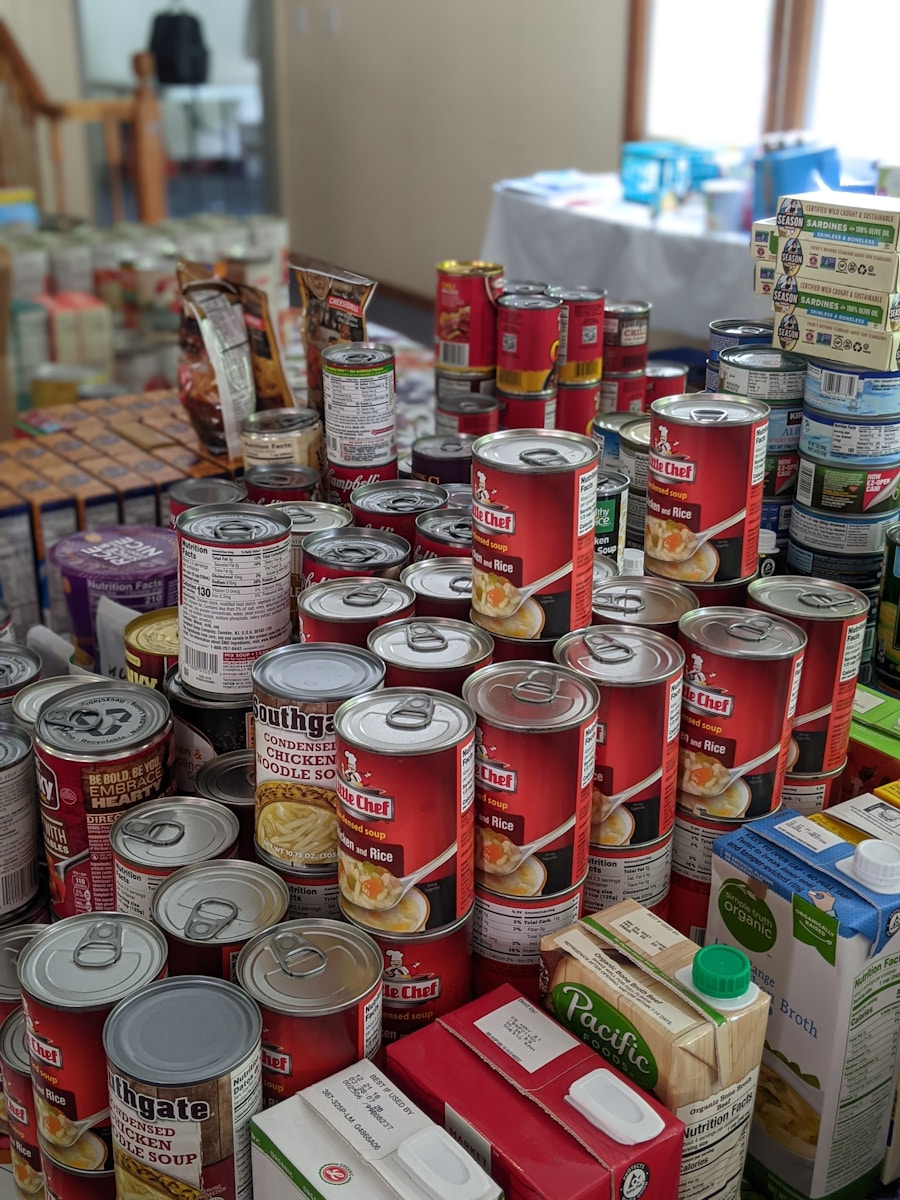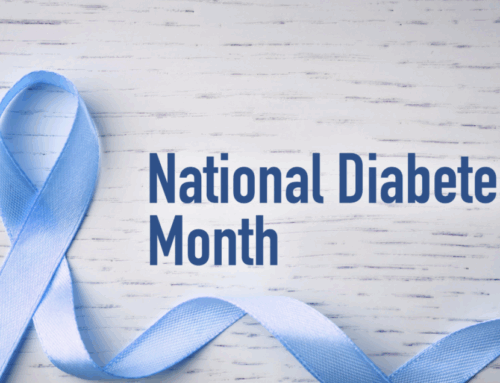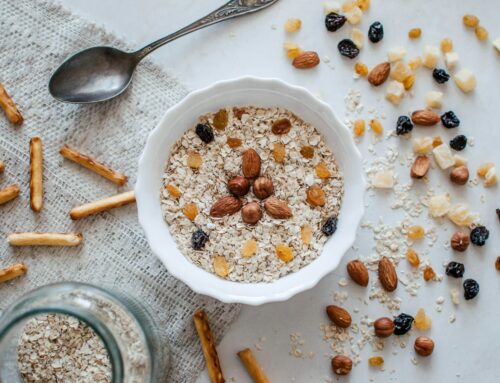Canned foods, such as vegetables, fruits, soups, and proteins like beans and tuna, can be an incredibly nutritious, convenient and budget-friendly addition to your regular shopping trip.
Unfortunately, canned foods tend to get a not-so-great reputation in the nutrition world due to common beliefs that they are less nutritious than fresh food. However, many canned foods are nutritionally similar to their fresh counterparts. Specifically, one of the most significant nutritional benefits of canned vegetables, fruits, and beans, is fiber content. Adequate daily fiber intake can help to control blood sugar levels, improve cholesterol levels, improve digestive function, and can significantly reduce the risk of heart disease and stroke. It’s important to know what to look for, and what to look out for, when buying canned foods in order to get the most benefits for your heart and your wallet.
Heart-Healthy Canned Foods
When it comes to taking care of your heart, key nutrients such as fiber and omega-3s play an important role. Some specific canned foods that can support a healthy heart include beans, salmon, tuna, and canned tomatoes. Canned beans, such as black beans, kidney beans, and chickpeas, are excellent sources of plant-based protein and fiber. These nutrients can support overall cardiovascular function while lowering cholesterol and keeping blood sugar levels in check. Most Americans fall short of the daily recommended intake of fiber (25g for women under age 50 and 38g for men under age 50, and for women and men over age 50 it’s 21g and 30g, respectively), so adding in canned beans is an easy way to work towards that goal. Canned fish, like salmon and tuna, are rich in omega-3s, a nutrient that can reduce inflammation and lower the risk of heart disease. Canned tomatoes are a great source of lycopene, which is an antioxidant that can help protect your heart. Chili, shakshuka, and homemade tomato soup are all great ways to incorporate canned tomatoes into your cooking.
Health Considerations
One of the biggest concerns when it comes to canned foods and heart health is sodium content, but a few key pointers can help you fit canned foods into a heart-healthy diet. Keep in mind that the American Heart Association recommends that adults keep daily sodium intake at 2,300 mg or less, and a single serving of canned soup can contain as much as 1,000 mg of sodium. Be on the lookout for low-sodium or no-added-salt versions of foods like beans, vegetables, and soups. Choosing these options will allow you to keep your sodium intake in check while still enjoying the convenience of canned foods. If lower-sodium options aren’t available, draining and rinsing canned beans can help to significantly reduce the amount of sodium. Studies show that draining and rinsing combined, can reduce the overall sodium content by 20-30%, removing a significant amount of the added salt found in the canning liquid. This is particularly important for those who need to be more conscious of their sodium intake for health reasons, such as those with hypertension or congestive heart failure. Likewise, canned fruits can often be packed in syrup, which can significantly increase the overall sugar content. Try to look for fruits packed in water or 100% fruit juice. Those with diabetes or pre–diabetes should be particularly mindful of excess sugar.
Quick tips while shopping for your cans!
It’s important to inspect cans for any signs of damage before purchasing. Rust, large dents, or bulges can all indicate that the food inside is not safe to eat. Bulging in particular can suggest the growth of Clostridium botulinum, which causes botulism, a foodborne illness that can be fatal. It’s also a good idea to check the “best by” or expiration date. Canned foods generally have a long shelf life, and typically remain safe to eat after their best by dates, but with potential for lower quality and taste. To get the best bang for your buck, look with cans with the furthest date so that you can store them for a longer period of time after purchase. In addition to the date, it’s worth looking for a BPA-free label. Cans are typically made with steel or aluminum, but some may have linings that contain Bisphenol A (BPA), a chemical that may cause some health issues.
Convenience and Price
The convenience of canned foods can mostly be accredited to their longer shelf life and reliability of availability when compared to fresh foods. If you always find yourself throwing out your fresh vegetables before you get around to cooking them, canned foods are a great alternative that will save your food and your money. To further invest in your heart health, some of the money saved from regularly incorporating canned foods into your grocery shopping could be put towards a gym membership or a fitbit, helping you to make the most of your exercise routine.
Canned foods and heart-health can go hand in hand if you know what to look for. Convenience, affordability, and nutrient quality are all great reasons to use canned foods in your cooking. To get the most benefits, be mindful of use-by-dates, packaging materials, and sodium and sugar content. Keeping these tips in mind, you’ll be able to stock your pantry with canned essentials to make your cooking easier and your meals delicious.
Blog written by Sarah Davis, MS, RDN for The Academy of Nutrition and Dietetics.
